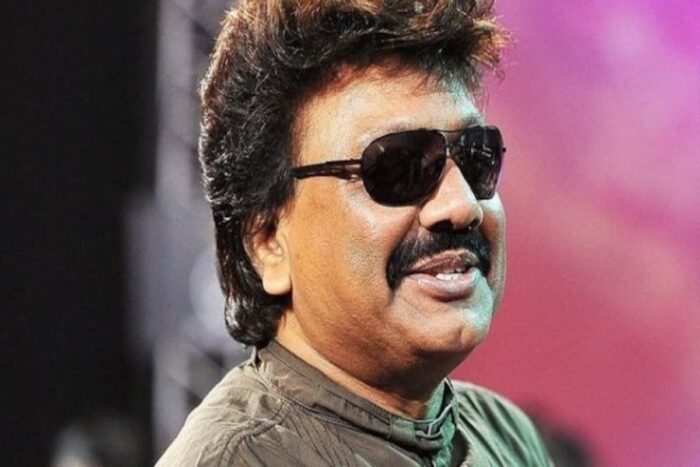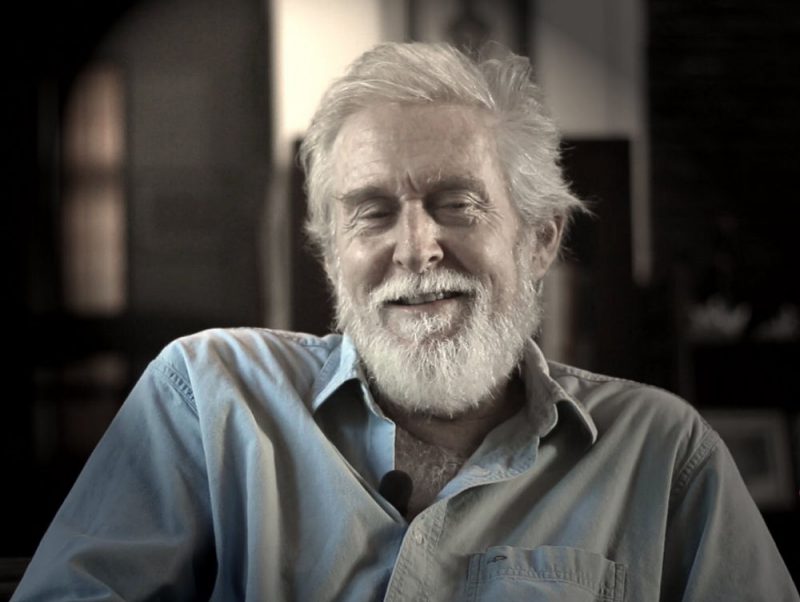
File Picture
I distinctly remember the moment. It was just clicking nine in the morning. The year was 1990. As I was rushing to catch the city bus to my college, the voice from a transistor- Vividh Bharata used to play songs of upcoming movies-stopped me for a while. I heard the song Nazar ke Saamne (Aashiqui), crooned by a then relatively unknown Kumar Sanu. The tune was refreshing and the voice, melodious. For someone like me, who loved Hindi movie songs and listened to numbers religiously, a new era had arrived. I was sure, it would be a super duper hit and I shared my thought with my classmate and friend Ashok Jena, a music fan.
The soundtrack of Aashiqui was a rage. Its composers, Nadeem-Shravan had arrived. The duo, was the go to composers of the day and years ahead for every producer, director. They didn’t disappoint. With lyricist Sameer they belted hits after hit numbers. The scores of Dil Hai Ki Maanta Nahin (O Mere Sapnon Ke Saudagar), Sadak (Hum Tere Bin Kahin Rehe Nahin Sakte), Hum Hain Rahi Pyar Ke (Ghunghat Ki Adh se), Pardes (Kisi Roj Tumse), Raja Hindustani (Pardesi Pardesi) and many other compositions ruled the charts. For the first time, composers were treated like the film’s lead actors and their pictures adorned music cassettes.
Interestingly, from the beginning of the 90’s of the last century, Bollywood movies witnessed the return of romance. Blockbusters like Naseer Hussain’s Qayamat Se Qayamat Tak and Suraj Barjatya’s Maine Pyar Kiya encouraged filmmakers to go for soft romantic flicks. Movie makers also tried new composers, for a change.
Unlike his flamboyant, outspoken partner, Nadeem Saifi, Shravan was more adorable. He was soft, down to earth and his face wore a disarming smile. Despite, fame, fortune, popularity and money he remained so throughout, there was not even an iota of arrogance in him.
As a result, a host of new composers, among others, Anand- Milind, Jatin-Lalit, Nadeem Shravan etc and singers (Udit Narayan, Kumar Sanu, Abhijeet Majumdar) ruled the music industry.
Shravan belonged to a family of musicians. His father was the late classical luminary Pandit Chaturbhuj Rathod, an exponent of the rare and arguably the oldest style of singing i.e. Dhrupad, while his two brothers, Roopkumar and Vinod are well known singers. The Nadeem- Shravan signature tunes were all about rich melody, simple lyrics and a beautiful blend of Indian classical and western music. Their music made careers of many, including actors. There were allegations of ‘lifting tunes’ against the two. But, even their critics too loved Nadeem- Shravan songs.
However, the music baron Gulshan Kumar’s murder case jolted their musical journey. Nadeem fled to London. Though, they composed for a few years together- with hits including Raaz, Kasoor, Haan Maine Bhi Pyaar Kiya- the duo spit in 2005. ‘Dosti: Friends Forever’ was their last movie together. Incidentally, Shravan’s sons- Sanjeev–Darshan had shown promise with their score for the Aamir Khan starrer, Mann, they failed to continue the same magic.
Post their split, Nadeem composed alone, but the music like the films, went unnoticed. It was heard, the duo was planning for a comeback in the future. Yesterday, when Ashok called me to share the news of Shravan’s death during my morning walk, once again, my legs refused to move ahead, for a minute.
With Shravan’s death due to Covid, that’s never going to happen again. Nadeem has lost his musical partner of thirty four years and the country, a soulful musician. It’s indeed a huge loss to all music lovers in the country. As a tribute from a fan from their early days, I can only say Rest in Peace. And silently hum some of their numbers like, “Ab Tere Bin Jee Lenge Hum (Aashiqui) and “Dil Mere Tod Diya Usne (Kasoor).
[the_ad id=’22722′]













